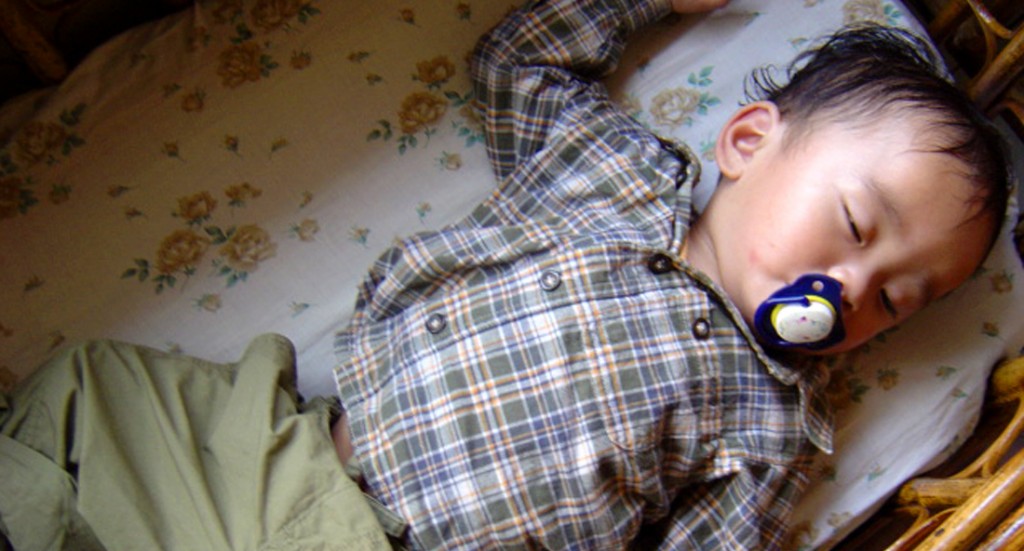Helping Prisoners and their Families
Life in a Zambian prison can be a dismal experience.
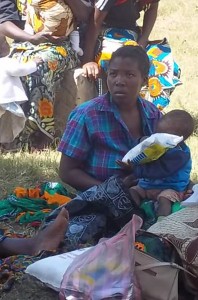 When prisoners are released in Zambia, all too often they enter a new state of imprisonment, locked into poverty, as they find nobody will employ them, and they can be shunned by family and community. This leaves thousands of former prisoners without any way to rebuild their lives, even when they are ready to work hard and make a fresh start. “Most of them are destitute,” write our partners.
When prisoners are released in Zambia, all too often they enter a new state of imprisonment, locked into poverty, as they find nobody will employ them, and they can be shunned by family and community. This leaves thousands of former prisoners without any way to rebuild their lives, even when they are ready to work hard and make a fresh start. “Most of them are destitute,” write our partners.
The NGO we are shipping to has worked closely with more than 20,000 prisoners, ex-prisoners and their families in Zambia since they were founded in the 1980’s. To prisoners, they give counsel and support, as well as meeting material needs of those who have nobody to bring clothing, blankets or medicines not provided by the institution. For those who are released, they help with advice, counsel and small business loans to help people start afresh. Children and families of prisoners are often left deeply impoverished, and sometimes shunned themselves. Our partners care for their needs with clothes, blankets and other necessities, as well as financial help for schooling. Crossroads’ shipment will help boost their supplies of goods for distribution, and will support the administration of their programmes.
Shipment includes:
- Clothing, shoes and blankets for former prisoners and their families
- Computers for administration and training
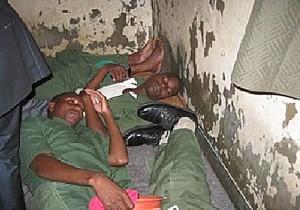 Life in a Zambian prison can be a dismal experience. Our partners offer counselling, advice, medical care and support to the prisoners themselves and to prisoners’ families. “They are discriminated against because of their association with prisoners,” write our partners. Often families lose their primary breadwinner when a father and husband is imprisoned.
Life in a Zambian prison can be a dismal experience. Our partners offer counselling, advice, medical care and support to the prisoners themselves and to prisoners’ families. “They are discriminated against because of their association with prisoners,” write our partners. Often families lose their primary breadwinner when a father and husband is imprisoned.

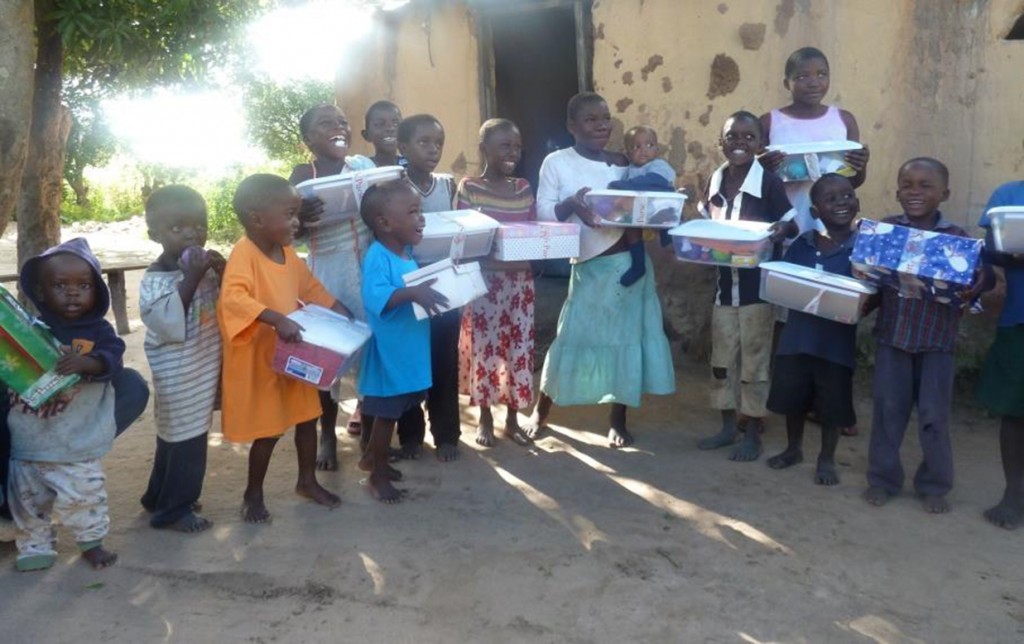
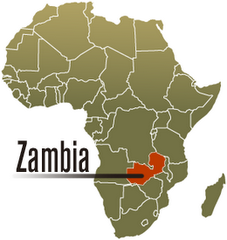
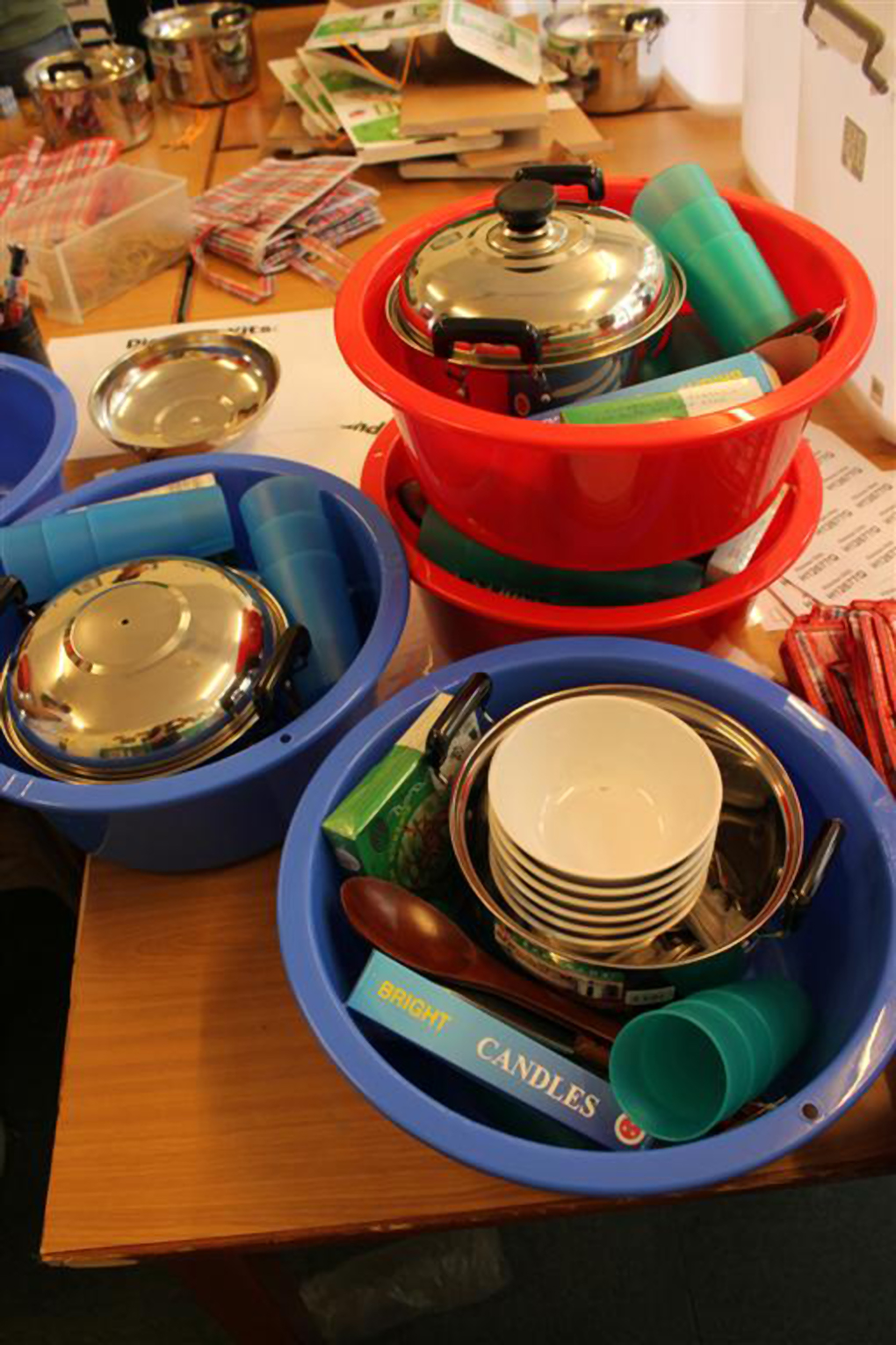
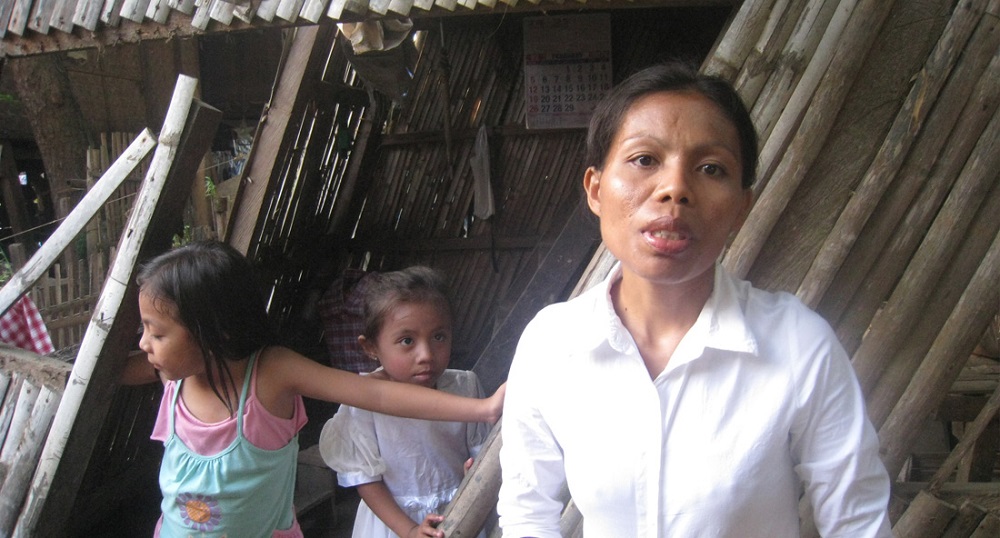
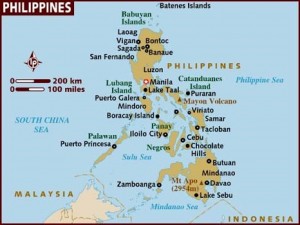



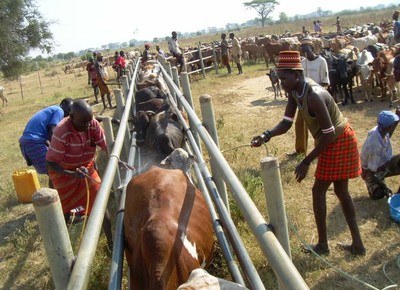
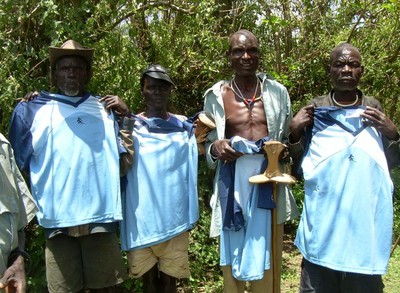
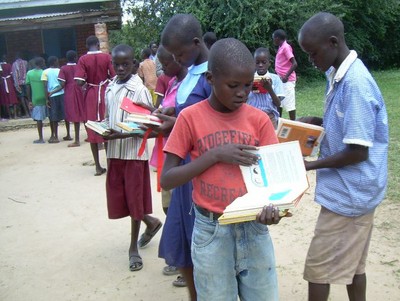
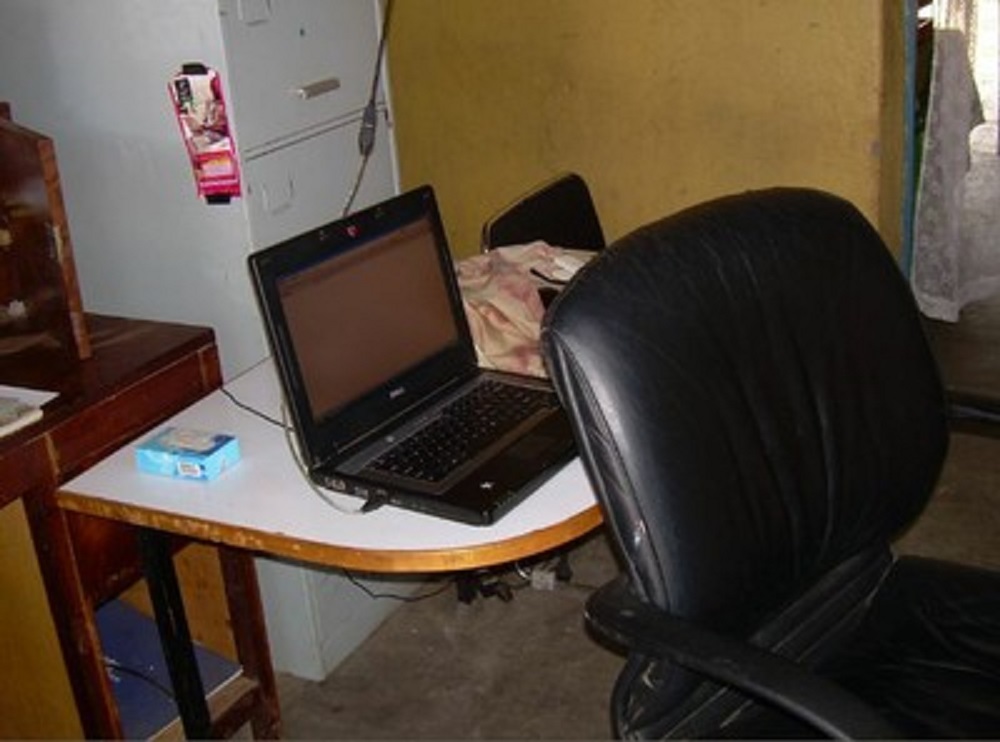

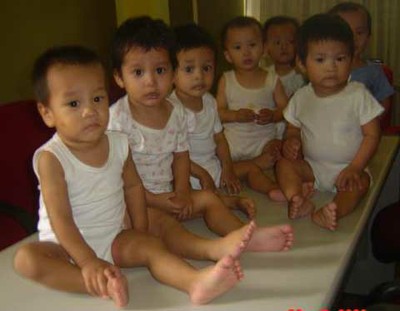 Would the people in charge ask questions about her baby? Would she succeed in the deception she and her family had planned? In their native Nagaland, Northern India, it was already shame enough for the community to think she was carrying the child of her boyfriend. That alone would see her shunned.
Would the people in charge ask questions about her baby? Would she succeed in the deception she and her family had planned? In their native Nagaland, Northern India, it was already shame enough for the community to think she was carrying the child of her boyfriend. That alone would see her shunned.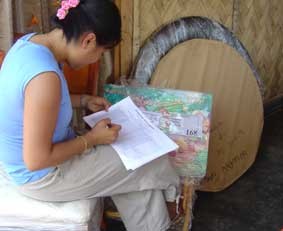 oming to this home was a turning point for Maria. She had been so supported by the staff at the home that she chose to stay on as a full time volunteer, supporting other children and teenagers who were pregnant and in need of help.
oming to this home was a turning point for Maria. She had been so supported by the staff at the home that she chose to stay on as a full time volunteer, supporting other children and teenagers who were pregnant and in need of help.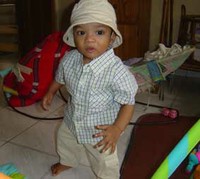 Without this home in operation, the options for single mothers are few. The region offers 114 registered medical clinics in the region which provide abortions: the most lucrative source of income for doctors In the area. But “nobody wants pregnant unwed girls except us”, the staff explained to us.
Without this home in operation, the options for single mothers are few. The region offers 114 registered medical clinics in the region which provide abortions: the most lucrative source of income for doctors In the area. But “nobody wants pregnant unwed girls except us”, the staff explained to us.